SUMMARY
This is AI generated summarization, which may have errors. For context, always refer to the full article.
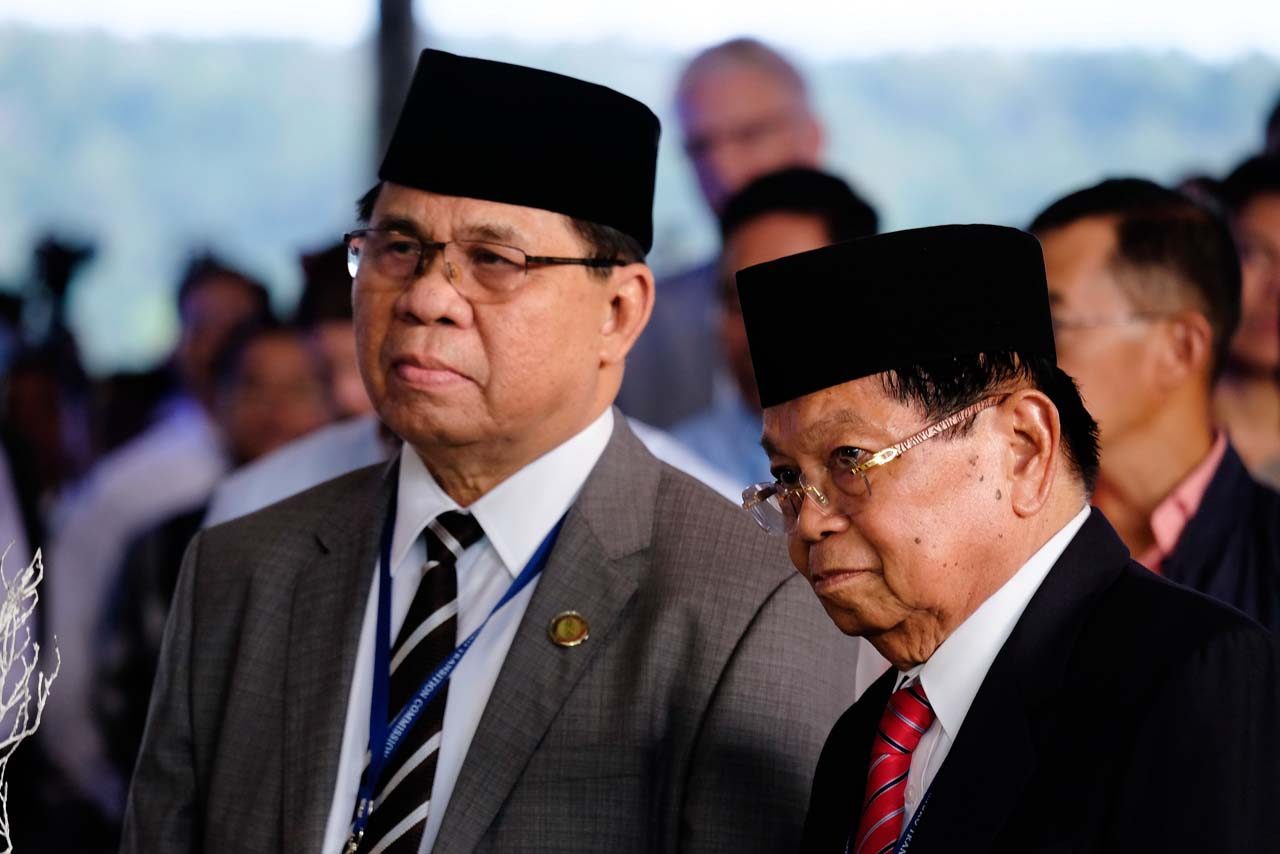
MANILA, Philippines – The Bangsamoro plebiscite on Monday, January 21, is historic, and as with all historic sagas, has its own cast of characters.
These key personalities will make or break the plebiscite – a political exercise where 2.8 million people in the Autonomous Region in Muslim Mindanao (ARMM), Cotabato City, and Isabela City are expected to vote on whether or not to approve the Bangsamoro Organic Law (BOL). (READ: Power brokers in the Bangsamoro region)
The BOL – if voters say “yes” to it – will create a new Bangsamoro region (called the Bangsamoro Autonomous Region in Muslim Mindanao or BARMM), a region with more powers, assured funding, and a new system of government. (READ: What you need to know about the Bangsamoro plebiscite)
Three actors are influential “pro-BOL” voices – the Muslim rebel who devoted decades of his life to the dream of a Bangsamoro region, the governor who will be displaced but still thinks the BOL is the answer, and Mindanao’s first president who had promised the BOL.
Then there are the “anti-BOL” personalities – the Sulu governor who claims the law violates the Constitution, the unyielding mayor of a very critical city, and a political family determined to keep their towns from joining the new region.
The last cast of characters are the ones in charge of making the plebiscite happen. There’s the elections chief who hails from Mindanao and the top military and police commanders who know any violence could discourage people from stepping out to vote. (READ: 6 scenarios for the Bangsamoro vote)
THE PROS
Al Haj Murad Ebrahim, MILF chairman
Murad is the chairman of the Moro Islamic Liberation Front (MILF), the dominant Muslim rebel group in Mindanao. Talks between the MILF and the government had paved the way for the BOL.
Because of this, the BOL states that the MILF will “lead” the transition to the BARMM, which, in concrete terms, means the MILF gets a majority of seats in the Bangsamoro Transition Authority (BTA). This is the entity that will govern the BARMM until the region holds elections in 2022.
A chief minister will head the BTA and this position will likely go to Murad.
Who is Murad? Before he talked peace with the government, he was a fearsome MILF commander. Murad’s decades of rebellion began in 1972 when he joined the Moro National Liberation Front (MNLF) led by former UP professor Nur Misuari. A group within the MILF disagreed with Nur over a peace deal with the government and broke away in 1981. This group became the MILF.
Murad became the head of MILF’s army, the Bangsamoro Islamic Armed Forces (BIAF). He commanded at least 12,000 men. When MILF’s then-leader Hashim Salamat died in 2003, Murad took the reins. After years of fighting government forces, the MILF began peace talks with the Arroyo and then the Aquino administration. In 2012, Murad witnessed the signing of the Framework Agreement on the Bangsamoro, which laid the groundwork for the BOL.
A calculating military tactician, Murad in person is soft-spoken and deliberate. Does he have the qualities to lead BARMM in its infancy?
Mujiv Hataman, ARMM governor
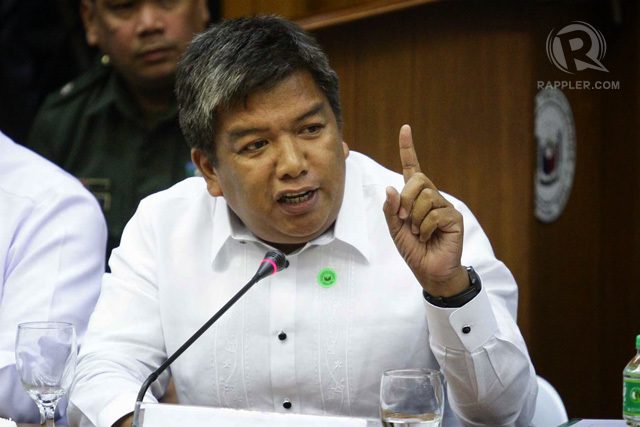
For the past 7 years, the ARMM has known no other leader than Hataman. One of 3 influential brothers from Basilan, Hataman was first appointed ARMM governor by then president Benigno Aquino III. Duterte kept him as ARMM governor and, according to Hataman, rejected his offer to resign.
While some claim the ARMM has suffered from a weak bureaucracy, corruption, and nepotism, especially when it was helmed by MNLF leader Misuari, Hataman sought to change all that.
He said the ARMM has brought better infrastructure, social services, and improved quality of life. But the limitations inherent in the ARMM has led Hataman to support the BOL.
In a way, the Bangsamoro vote on January 21 will be a referendum on Hataman’s leadership of ARMM. Do people think the ARMM is sufficient to deliver a good future for them? Or will they vote to replace it?
But if BARMM is created, Hataman won’t be out of the picture. He will still be a part of the BTA until June 30. He is also running for congressman representing Basilan. His wife, Sitti Djalia Turabin, is running for Isabela City mayor.
President Rodrigo Duterte
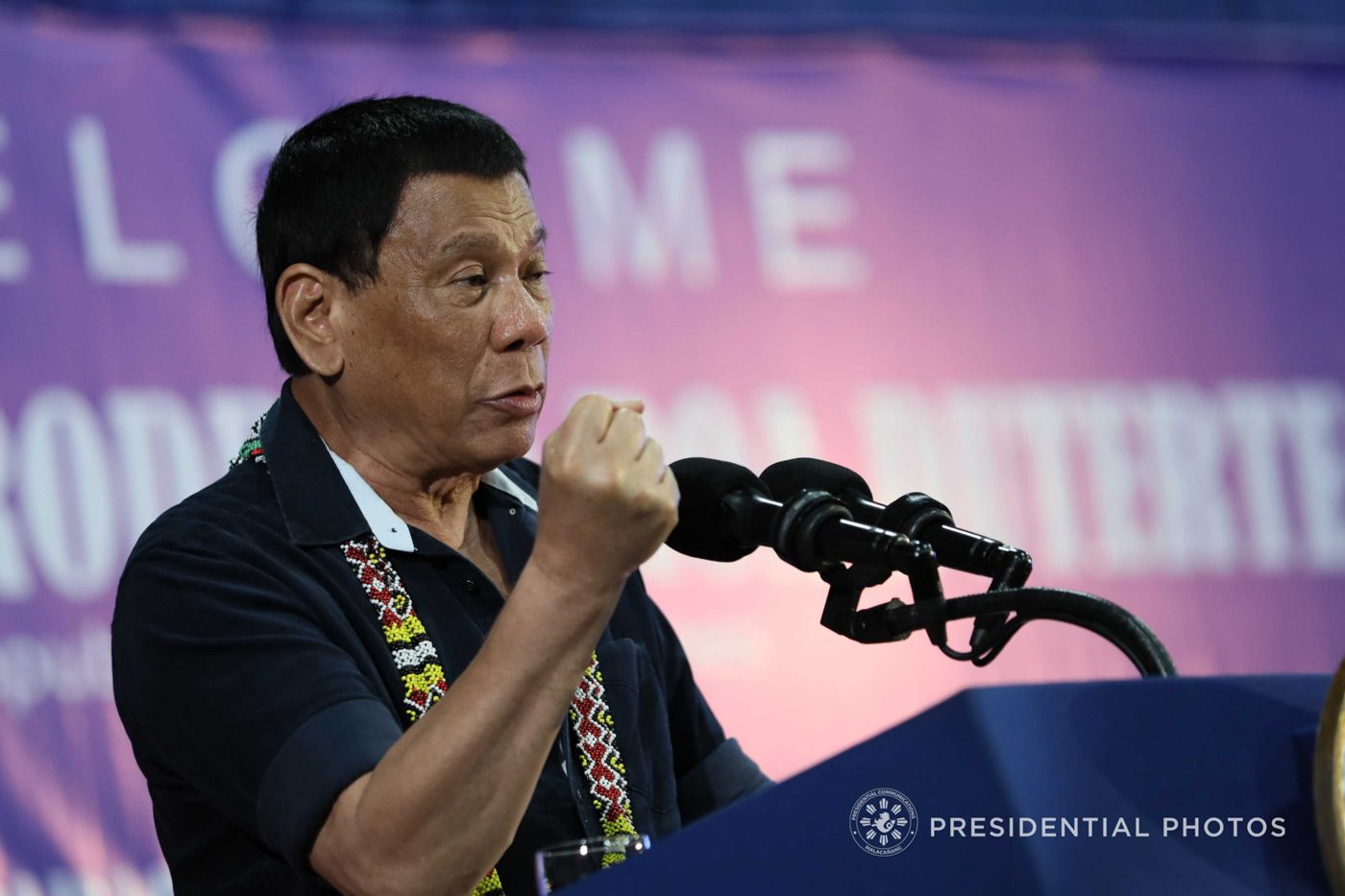
Expectations are high that the BOL will be ratified under the watch of Duterte, the first Mindanaoan president. Duterte has pushed for the BOL since he was a 2016 presidential candidate and advocated for it as president.
Building on the gains of the Aquino administration, Duterte pursued talks with the MILF, forming a commission to draft a Bangsamoro law. To appease rival Moro rebel group MNLF, Duterte allowed one faction to join the effort.
When Congress faced an impasse on contentious provisions of the BOL when it was still a bill, Duterte stepped in at the final hour to resolve it.
With Duterte’s high popularity ratings, sky-high in Mindanao, can he ensure the creation of the BARMM? There are even many expecting that more areas will vote to join the BARMM, making it larger than the ARMM. This would be a win for MILF and BOL supporters. It’s something Duterte may be able to deliver, if he so wanted.
THE ANTIS
Sakur Tan, Sulu kingpin
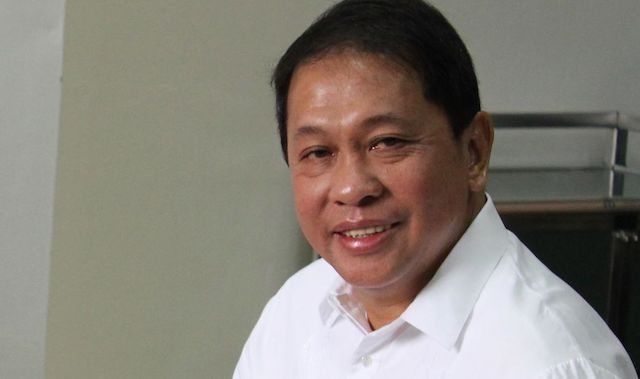
The powerful Tans of Sulu have tried to block the BOL by filing a petition with the Supreme Court. They say the BARMM is unconstitutional and violates rights of Sulu since votes in ARMM will be counted as one regional vote, instead of per province.
The Tans’ opposition to BOL also stems from the belief that the BARMM will intrude on the Sulu Sultanate’s historical territories. The family’s kingpin, Sakur Tan, sides with the Royal Council of the Sulu Sultanate and even functions as its special envoy and spokesman.
But if the BOL is ratified, there are some who suspect Tan himself will vie for Chief Minister in 2022.
Cynthia Guiani-Sayadi, Cotabato City mayor
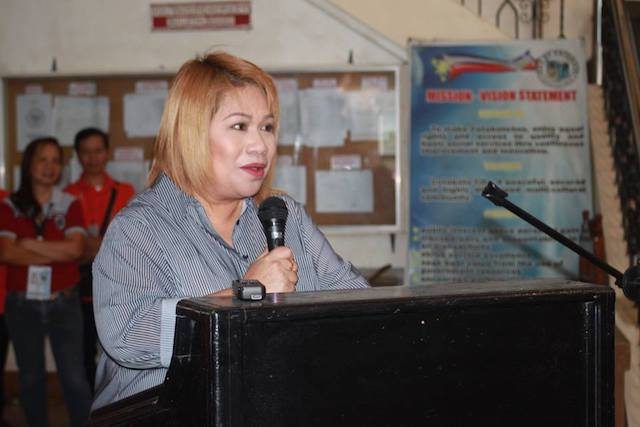
Guiani-Sayadi is the chief executive of a city critical to the Bangsamoro plebiscite. Cotabato City is considered the “crown jewel” of the ARMM because it’s where all the government offices are. Though it is not part of the ARMM, it is the region’s capital.
So if Cotabato City refuses to join BARMM, the BARMM government will have to look for another capital and build a new set of government buildings.
But Guiani-Sayadi is anti-BOL. With her influence over a majority of the city’s local officials, many expect Cotabato City to vote “no.” There are some who wonder if Duterte will make a last-ditch effort to turn the mayor around.
Guiani-Sayadi is seeking reelection in May. She is pitted against Maguindanao Representative Bai Sandra Sema who is pro-BOL. In this way, the Bangsamoro plebiscite has influenced Cotabato’s politics.
The Dimaporos of Lanao del Norte
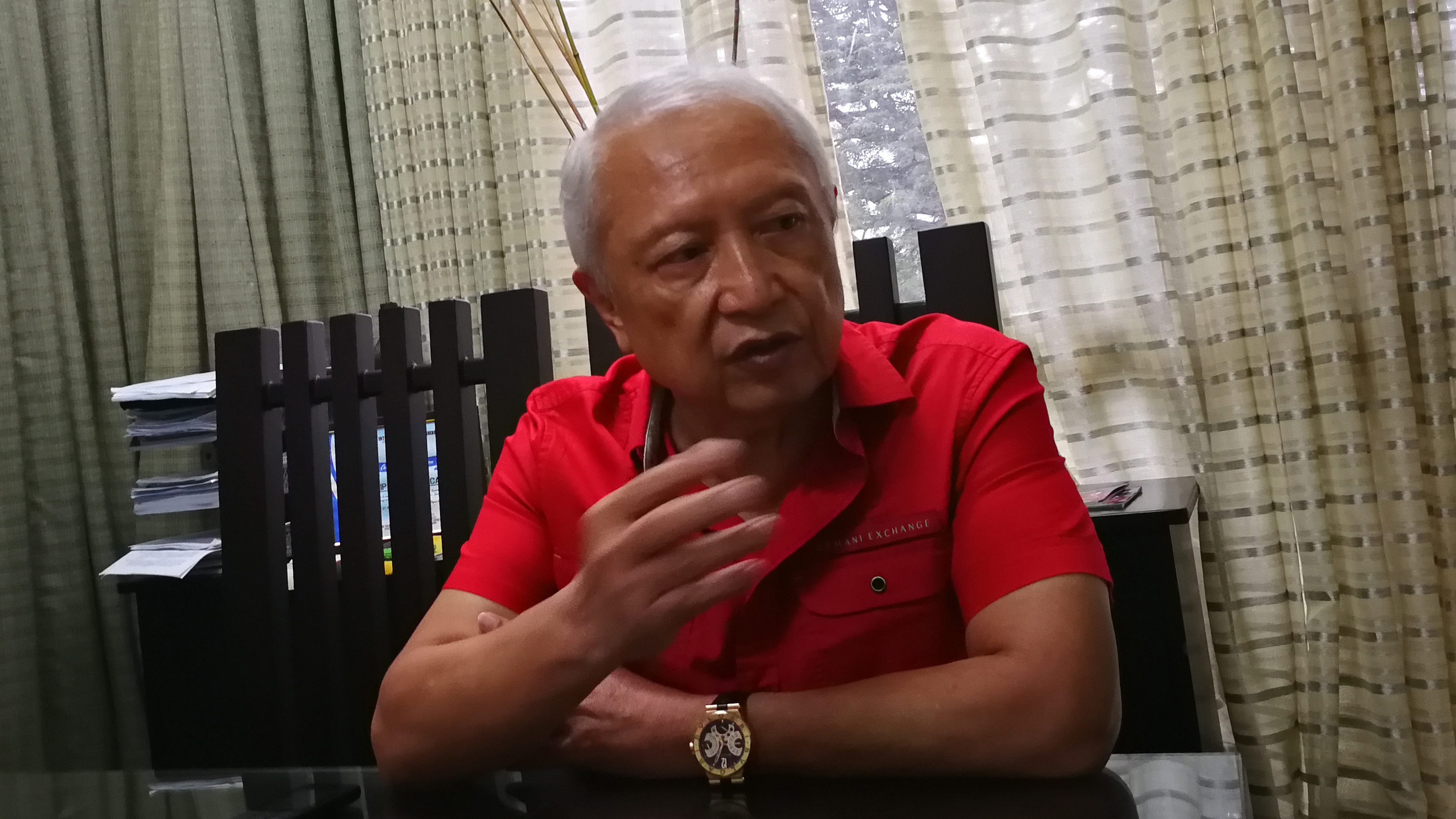
The powerful Dimaporos support the creation of BARMM but they won’t let 6 towns in Lanao del Norte be part of it.
Six municipalities – Baloi, Munai, Nunungan, Pantar, Tagoloan II, Tangal – will be participating in the February 6 plebiscite. But even if they vote yes, a majority of voters in the entirety of Lanao del Norte will have to agree to let them join the BARMM.
This is because the BOL requires the mother local governments to agree to cede their towns or barangays to the BARMM.
Lanao del Norte 2nd District Representative Abdullah Dimaporo, his wife Governor Imelda Quibranza-Dimaporo, and their son Lanao del Norte 1st District Representative Khalid Dimaporo are leading the campaign to keep the municipalities from joining the BARMM.
The governor, as quoted by the Philippine News Agency, said the loss of these towns would mean lower Internal Revenue Allotment for the province and the loss of a “buffer” zone as protection for the province.
THE GUARDIANS
Sheriff Abas, Comelec chief
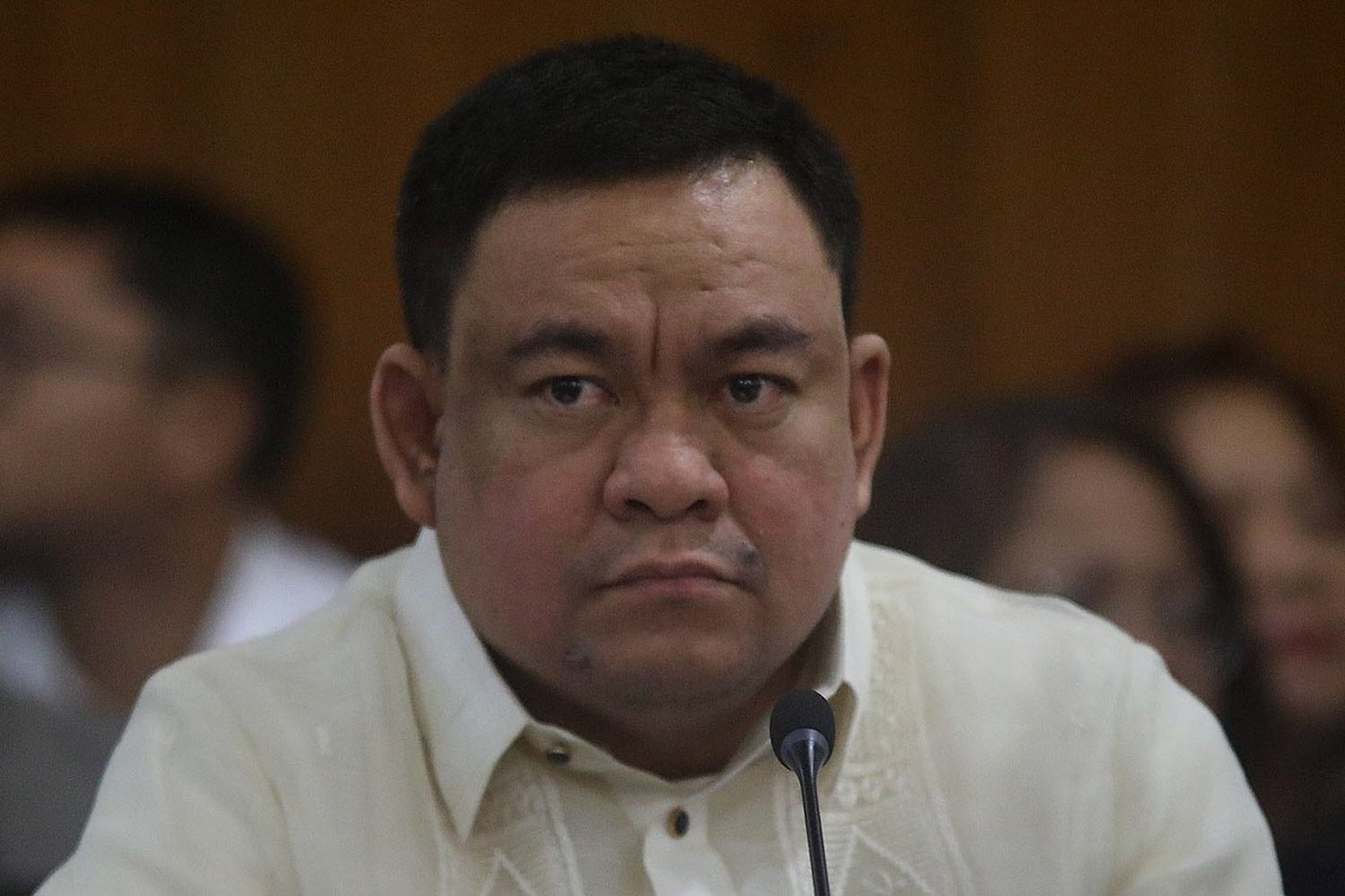
The pressure is on for Sheriff Abas, the first Commission on Elections (Comelec) chief from Mindanao, to ensure the success of a plebiscite so critical to the southern region’s future.
Abas is also the first Muslim Comelec chief and hails from plebiscite frontliner Cotabato City.
Can an Abas-led Comelec prevent vote-buying and poll fraud? Can it ensure a safe environment for people to come out and vote? Will it release results on time and will these results be credible?
Abas also happens to be the nephew of MILF chief peace negotiator Mohagher Iqbal. To convince people he is taking no side in the Bangsamoro debate, he has said he will not be voting during the plebiscite.
Arnel dela Vega, WestMinCom chief
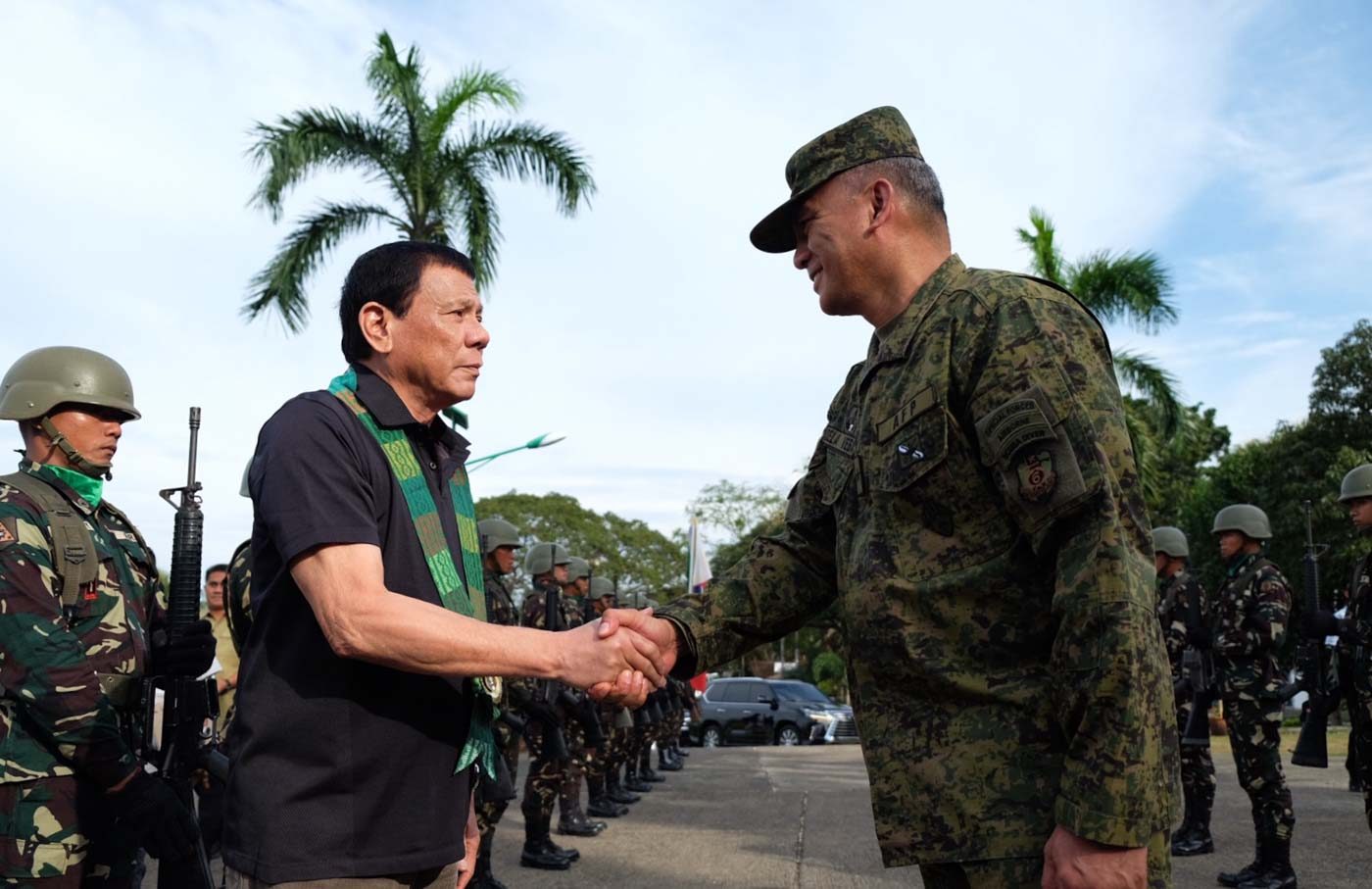
If terror groups will try to spoil the plebiscite with violence, it will be Dela Vega’s job to stop them. He leads the Philippine military’s Western Mindanao Command (WestMinCom), which has task forces in areas participating in the plebiscite like Sulu, Tawi-Tawi, Basilan, and Cotabato City.
As a former commander in Sulu and the Army’s 6th Infantry Division, Dela Vega led the fight against the Abu Sayyaf Group and Bangsamoro Islamic Freedom Fighters in Central Mindanao. He was also the first commander to send reinforcements when war broke out in Marawi City in May 2017.
The heightened security due to the plebiscite is compounded by the fact that Mindanao, including the ARMM, remains under martial law. With all this security, military commanders like Dela Vega have been given a lot of leeway to ensure a safe plebiscite.
Graciano Mijares, ARMM’s top cop
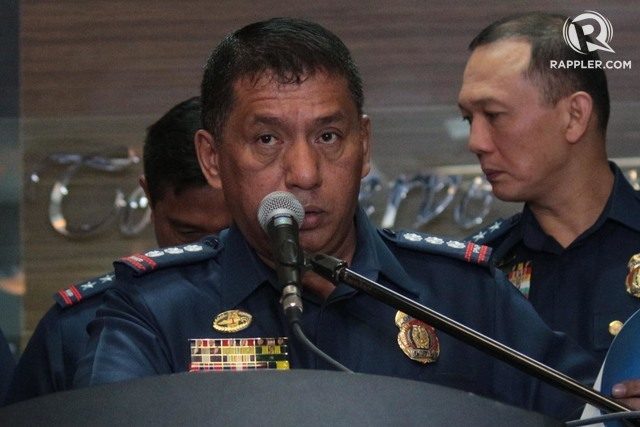
Police Chief Superintendent Graciano Mijares, ARMM’s police chief, is in charge of securing ARMM’s 2.1 million registered voters on plebiscite day. Peace and order will be critical in ensuring a good voter turnout which, in turn, makes for legitimate plebiscite results. Police will have to make sure no violence breaks out between the pros and antis, and no group succeeds in sabotaging the plebiscite.
– Rappler.com
Add a comment
How does this make you feel?
There are no comments yet. Add your comment to start the conversation.